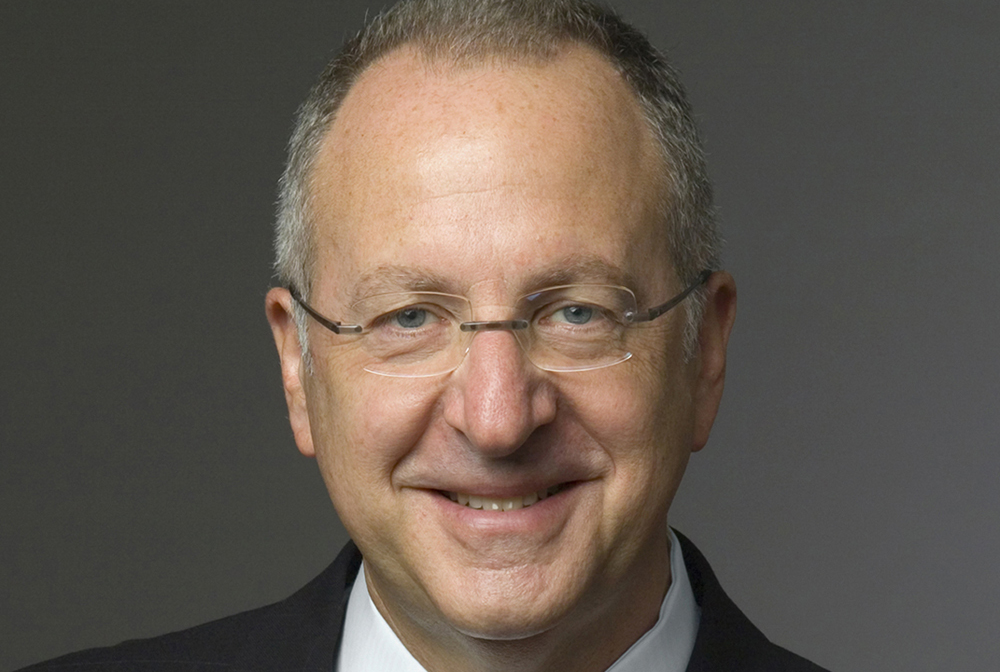Dr. David Skorton, president of Cornell University, commenting on the recent earthquake in Haiti prior to making a Grand Rounds presentation on the topic of global health at Weill Cornell Medical College in NYC on Wednesday, Jan. 13, 2010. Dr. Skorton comments on the work of Dr. Warren Johnson from WCMC who has been a pioneer in the delivery of health care to Haiti.
As a land-grant institution, Cornell University is charged with an educational mission that goes beyond a standard university curriculum. Steeped in history and privilege, the University extends to its students unparalleled opportunities to study among the brightest minds in the country. Along with that great opportunity, says Cornell University President Dr. David Skorton, comes the even greater responsibility of global service.
"I see Cornell as the land-grant university to the world," Dr. Skorton said at Weill Cornell Medical College's Global Health Rounds. "We work in a privileged profession in a privileged part of a privileged country. And we have an extraordinary opportunity to use our skills for the greater good."
Weill Cornell and Cornell University have long stood as an example of what great institutions can accomplish if they dedicate themselves to global health.
In 1980, GHESKIO was established in Haiti to study infantile diarrhea. Three decades later, GHESKIO — which suffered structural damage during the catastrophic earthquake but remains standing — provides service training and research in HIV/AIDS as well as primary care services for the local community.
"The work Dr. Warren Johnson and Dr. Jean Pape have done at GHESKIO serves as the very best we can hope to attain as global health leaders," Dr. Skorton said. "They have gone beyond treatment, beyond care. They have established a research center and pushed for more discovery, which is what every institution must strive for."
Since GHESKIO, Cornell and Weill Cornell have established facilities in Tanzania, Brazil and Qatar. Cornell University is the first in the U.S. to offer a M.D. degree abroad.
Students from Cornell and Weill Cornell have worked on drinking-water projects in Honduras, helped created wheat that can withstand rust fungus, and improved the productivity, sustainability and profitability of India's food system.
These initiatives will continue, and future endeavors will seek to not only solve the immediate problems of struggling nations, but help construct long-term sustainable infrastructure that will address current, as well as future, concerns.
"Beyond immediate care, capacity building is the most crucial global health initiative," Dr. Skorton said. "We need to aid in cultures developing their own means to solve their own problems according to their own priorities."

